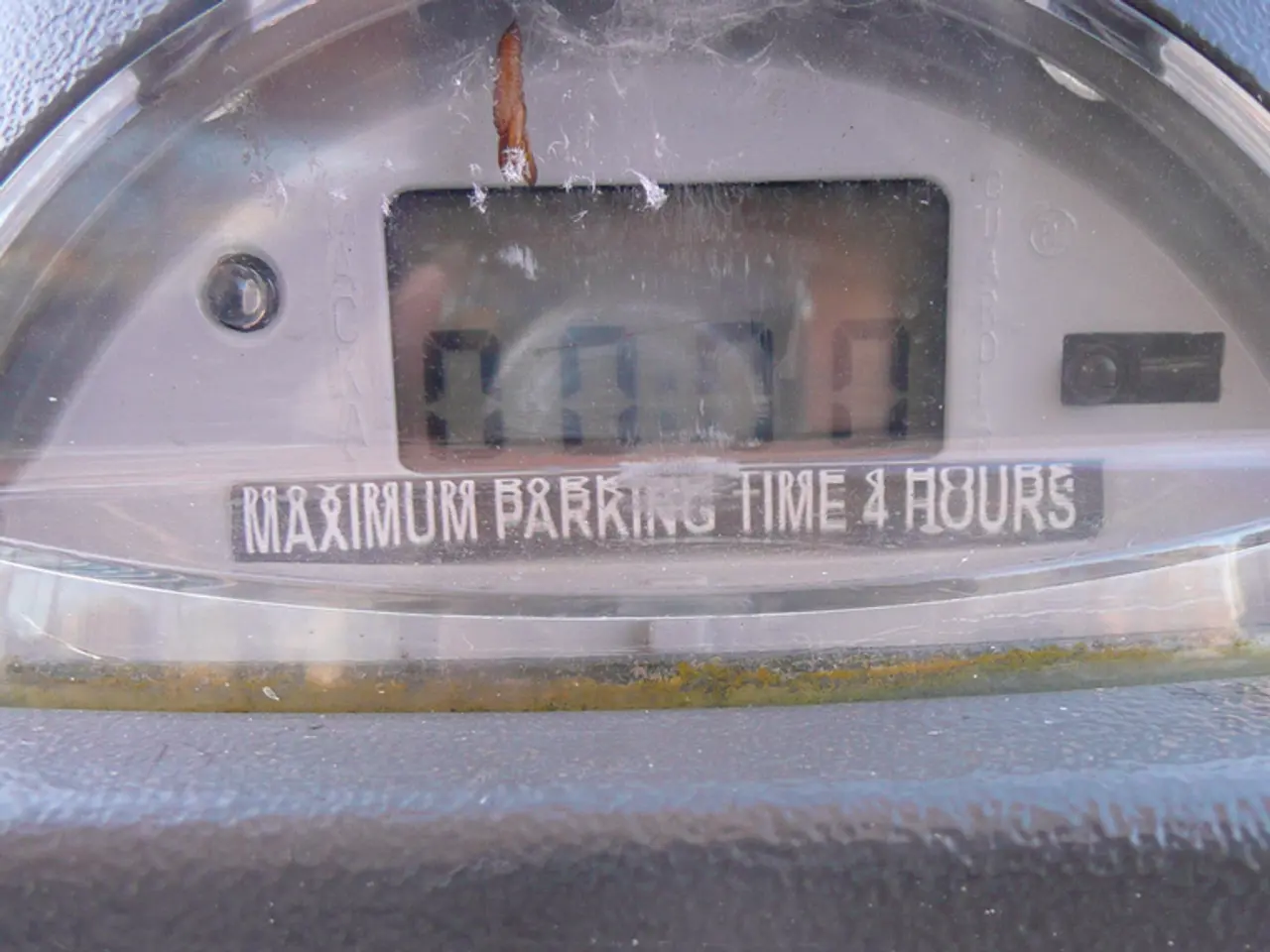U.S. Delay in Establishing Crucial Crypto Regulations Leaves Bank of America CEO Wary About Stablecoin Implementation Plans
In the evolving landscape of digital currencies, major banks like Bank of America, Citigroup, and JPMorgan are treading carefully in the stablecoin sector. This cautious approach is largely driven by regulatory ambiguities and market demand.
Bank of America, for instance, has entered the stablecoin market, developing its own dollar-backed token. However, CEO Brian Moynihan has made it clear that the bank is proceeding with caution due to unclear regulations in the U.S. financial system. The bank is assessing regulatory developments and client demand before fully launching the stablecoin.
Despite extensive research and preparation, Bank of America has delayed firm plans to issue a stablecoin. Moynihan expressed doubts about the immediate business case for stablecoins, given the bank's sizable daily digital transaction volume of $3 to $4 trillion, 99% of which is already digital. The bank seeks to ensure that any stablecoin integration fits within existing financial and compliance frameworks.
In contrast, Citigroup and JPMorgan are more proactive in their stablecoin initiatives. Citigroup is actively investigating the issuance of a Citi-branded stablecoin for cross-border payments, aiming to leverage stablecoins' potential to enhance transactional efficiency and reduce costs. JPMorgan, too, has shown interest in stablecoins, investing in stablecoin projects and exploring digital asset initiatives more assertively.
These banks are moving forward despite regulatory uncertainties, driven by a market trend recognising stablecoins as potential tools to solve key financial industry challenges, such as faster payments and programmable money via smart contracts. Their initiatives align with increasing adoption and demand in fintech and institutional use cases.
The current status of stablecoin initiatives among these major banks reflects a balance between innovation and caution. Bank of America's cautious stance contrasts with Citi's and JPMorgan’s relatively more assertive approaches. This divergence stems from Bank of America prioritising regulatory compliance and client traction before full-scale deployment, whereas its peers are more willing to pilot stablecoin-based products, betting on eventual regulatory frameworks and growing market acceptance.
The near-term outlook for stablecoins remains clouded by ongoing congressional gridlock over crypto legislation. This week, the House's attempt to advance three key crypto bills, including the GENIUS Act, the CLARITY Act, and the Anti-CBDC Surveillance State Act, stalled due to Republican infighting.
[1] The Wall Street Journal, "Big Banks Discuss Joint Stablecoin", May 2021. [2] CNBC, "Bank of America's Moynihan Says Bank Will Enter Stablecoin Market if Regulations Allow", February 2021. [3] Bank of America's Earnings Call, May 2021. [4] Citigroup's Second Quarter Earnings Call, [Not Available]. [5] Bloomberg, "Citigroup Exploring Stablecoin for Cross-Border Payments", [Not Available].
- Despite regulatory uncertainties, major banks like Bank of America, Citigroup, and JPMorgan are pursuing stablecoin initiatives, recognizing their potential to address key challenges in the financial industry, such as faster payments and programmable money via smart contracts.
- Bank of America, for instance, has developed a dollar-backed token to enter the stablecoin market, but is proceeding with caution due to unclear regulations and sizable digital transaction volume, aiming to ensure compatibility with existing financial and compliance frameworks.
- In contrast, Citigroup and JPMorgan are more proactive in their stablecoin initiatives, with Citigroup investigating the issuance of a Citi-branded stablecoin for cross-border payments, and JPMorgan seeking to invest in stablecoin projects and explore digital asset initiatives more assertively.
- The near-term outlook for stablecoins is uncertain due to ongoing congressional gridlock over crypto legislation, as Republican infighting has stalled the advancement of key crypto bills, including the GENIUS Act, the CLARITY Act, and the Anti-CBDC Surveillance State Act.




